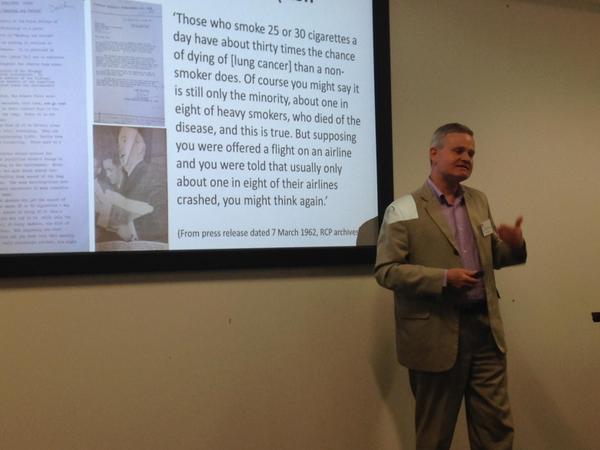Richard, I agree with much of what you write but challenge the assertion of Molleda and co that the US and UK have been the most productive on research. It’s like saying PR was invented in the US because they told us it was.
There’s been a vast amount of research in Germany, Benelux, Scandinavia, Italy and France that appeared in national languages, and it’s only been in the past decade that their academics have published in Anglo journals. I’m thinking of Gunter Bentele, Ansgar Zerfass, Barbara Baerns and Julian Raupp (Germany), Betteke van Ruler and Cees val Riel (Holland), Finn Frandsen and Winni Johansen (Denmark), Oyvind Ihlen and Peggy Bronn (Norway), Jordi Xifra and several co-nationals (Spain), And so on. Not forgetting Jim Macnamara in Australia as a representative of the non-Atlantic anglo world.
If anything, Germany now leads the way in PR and corpcomms research with Ansgar Zerfass of Leipzig University probably the world’s No.1 researcher. The UK has slipped way behind in output and significance of its research. Much of the US research fails to challenge practice verities and actively rejects any critical approaches. I’d argue that it’s been sliding for some time.
So please beat the drum for PR scholarship but I think you’re making an historical argument rather than a current one.
Richard Bailey replies:
Thanks, Tom. Your point is very well made, but I am attempting an historical perspective as I’m writing for a 70th anniversary publication for the CIPR. The challenge will be to remain upbeat – but accurate!

